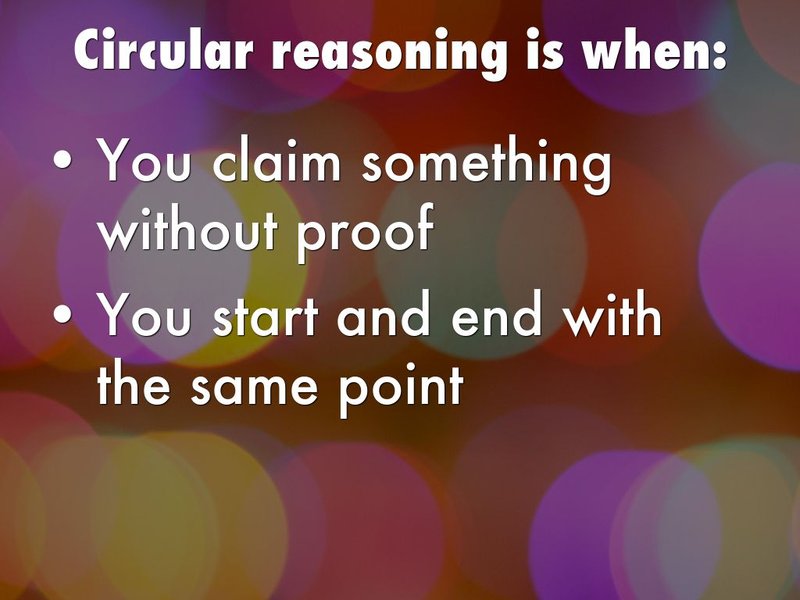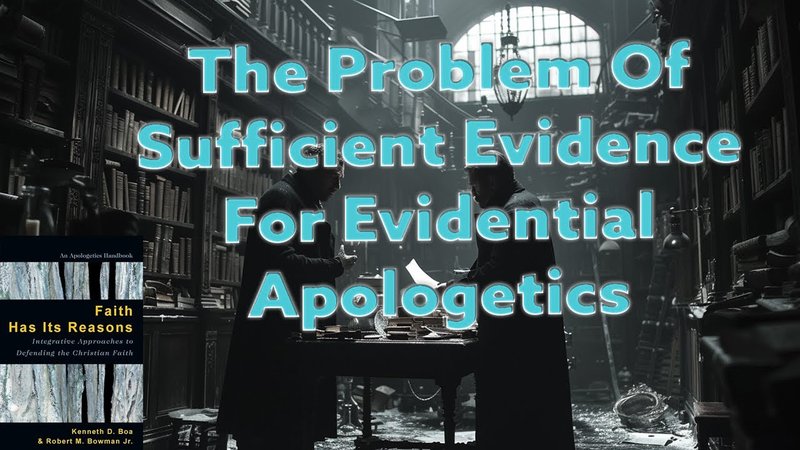· Apologetics > Apologetics Basics > Arguments · 3 min read
Biblical Insights on Reformed Epistemology Apologetics
Explore the foundational principles and arguments of Reformed Epistemology in apologetics, examining its defense of faith without the need for empirical evidence. Gain insights into how this philosophical stance impacts the rationality of religious belief.

Reformed Epistemology Apologetics
In theology, the term Reformed is connected to the Protestant Reformation, particularly the work of John Calvin. Epistemology, on the other hand, refers to the study of how we acquire knowledge. When these ideas are combined, we arrive at Reformed epistemology, a field that applies the core principles of Calvinism to our understanding of religious and spiritual truths. While Reformed epistemology is related to presuppositional apologetics, it is not identical.
A key concept in Reformed epistemology is the idea that belief in God is “properly basic.” This means that belief in God is reasonable, necessary, and does not require prior proof. It can be assumed from the start and is even necessary for other thoughts to make sense. In other words, belief in God is on the same logical level as our own existence or the validity of logic itself. This concept aligns with Calvin’s notion of sensus divinitatis, which suggests that all people have an innate perception of God. According to Reformed epistemology, belief in God can be considered justified or reasonable without relying on specific arguments or evidence.
This claim has sparked debates within and across religious perspectives. Some criticize this stance as fideism, which implies believing “just because” without considering any evidence or reasoning. However, Reformed epistemology emphasizes that even properly basic beliefs need to be defended against reasonable objections and questions.
Reformed epistemology apologetics also suggests that justified knowledge comes from our intellectual abilities functioning according to their intended design. This implies that there is an intended design behind human cognition, which stems from a theistic God.
While Reformed epistemology shares some similarities with presuppositional thinking, there are subtle differences between them. Presuppositionalism interprets sensus divinitatis as a literal awareness of God, suggesting that all people inherently know that God exists. Reformed epistemology, on the other hand, views sensus divinitatis more as a capacity or tendency rather than a conscious awareness. Presuppositional apologetics asserts that all logical arguments are ultimately circular, leading to an unbridgeable divide between believers and non-believers. Reformed epistemology takes a less rigid stance on this matter. Similarly, presuppositional views imply that rational discussion is impossible without theistic assumptions, whereas Reformed epistemology allows for more flexibility.
Reformed epistemology also differs from foundationalism, which suggests that cornerstone beliefs must be highly certain or self-evident. Instead, Reformed epistemology embraces reliabilism, which allows for more flexibility in accepting justified beliefs even without explicit evidence. This perspective opposes exclusively evidentialist views of justification or apologetics.
Why This Matters: Reformed epistemology offers a unique approach to understanding religious belief and justifying the existence of God. By considering belief in God as properly basic and innate to human cognition, it provides a framework for defending religious truths without relying solely on evidence-based arguments. This perspective can be valuable in engaging with skeptics and addressing doubts within the Christian community.
Think About It: How does the concept of “properly basic” beliefs challenge your understanding of the nature of faith? Do you find the idea that belief in God is innate in human cognition compelling or problematic? How might Reformed epistemology change your approach to defending your faith or engaging with others?



